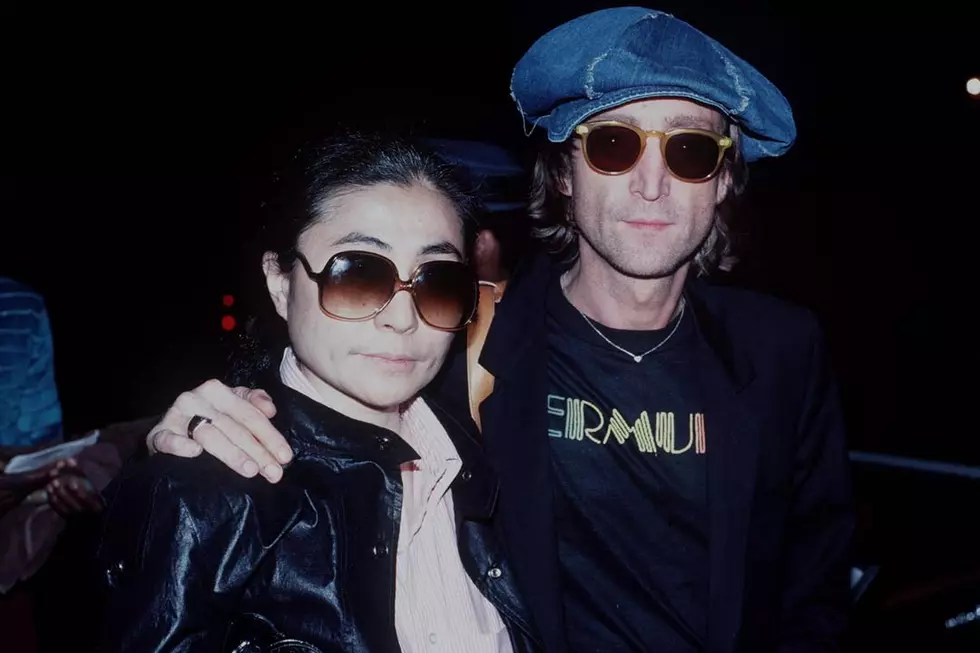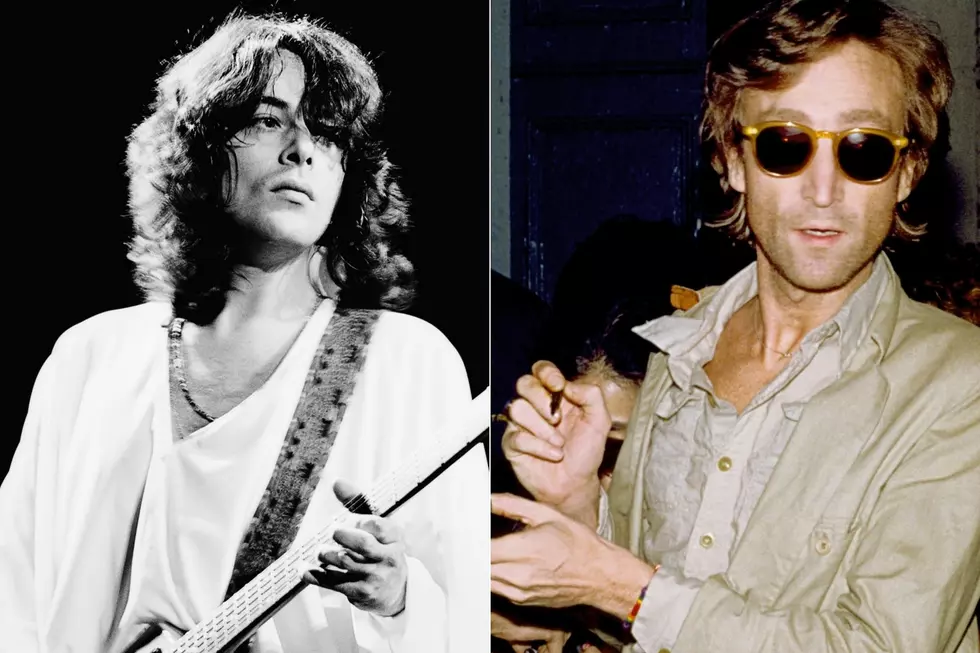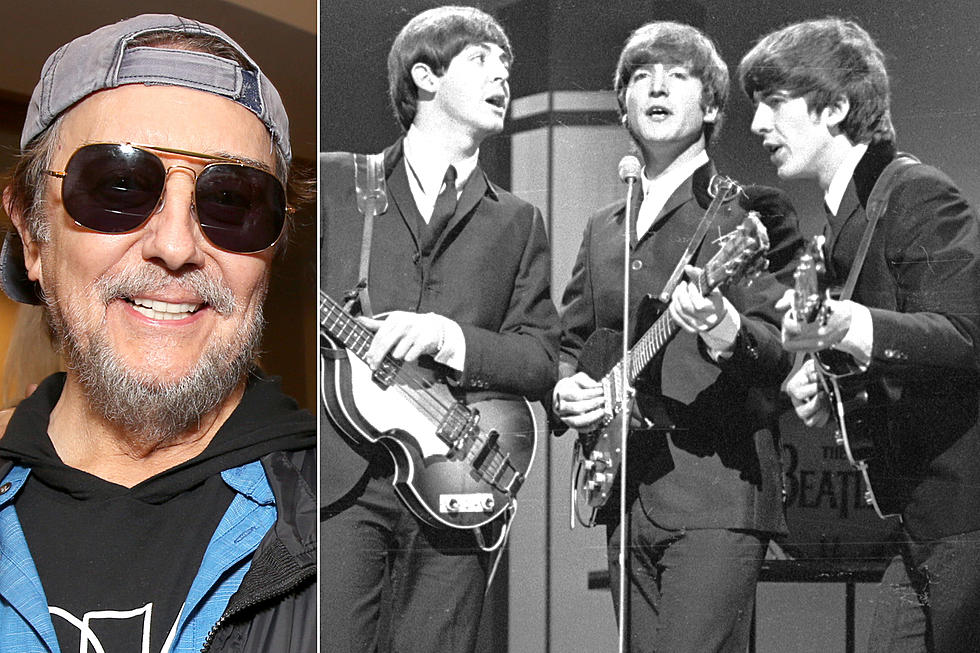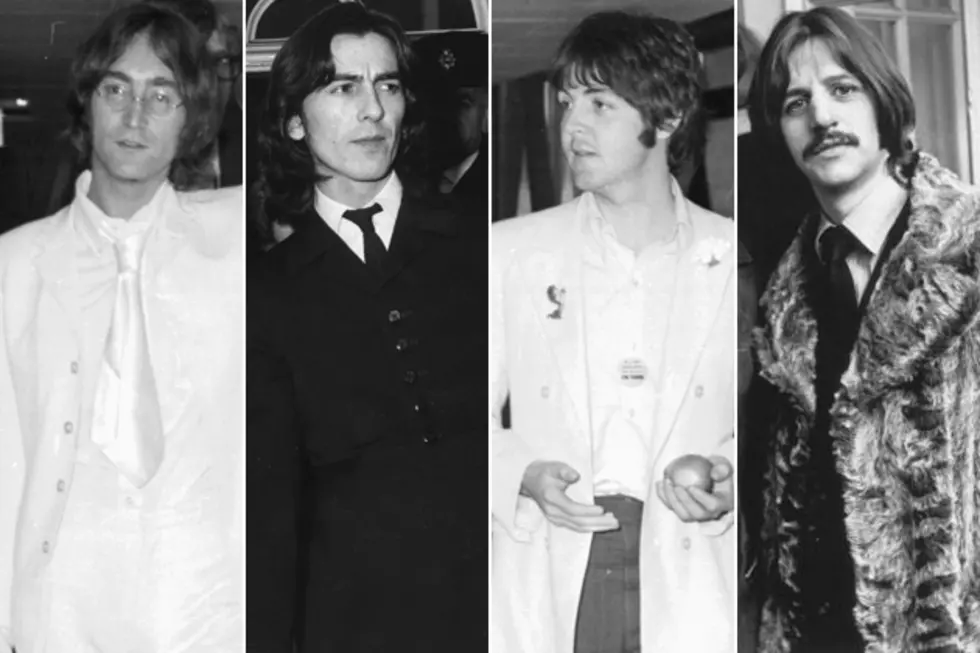
The Day John Lennon Got His Green Card to Stay in the U.S.
John Lennon was always one to say what was on his mind and never one to shy away from controversy. But his association with various left causes and radicals in the early '70s led to a series of problems for the former Beatle, who was nearly deported thanks to President Richard Nixon.
The entire ordeal put a huge bump in Lennon's efforts to receive a green card that would allow him to live and work in the U.S., where he and wife Yoko Ono were living.
The Nixon administration had Lennon under its watchful eye throughout the first half of the decade, due in part to Lennon paling around with the likes of Abbie Hoffman, Jerry Rubin, John Sinclair and Bobby Seale. Emphatically speaking out against the Vietnam War and mingling with anarchists made Lennon a target of Nixon's White House.
“There was a fear that John could imperil the political existence of Richard Nixon,” reporter and Lennon friend Geraldo Rivera noted in the 2006 documentary The U.S. vs. John Lennon. Already paranoid, Nixon thought the influence Lennon had on America's youth was enough to do him in. But according to the Nixon camp, the deportation charges stemmed not from any radical alliance on Lennon's part, but from a 1968 marijuana bust in England.
After four years, the case was finally thrown out. “The courts will not condone selective deportation based upon secret political grounds,” wrote Judge Irving Kaufman at the time. “Lennon’s four-year battle to remain in our country is testimony to his faith in this American dream.”
Lennon emerged victorious and on July 27, 1976, he got his green card. It allowed Lennon to settle in the U.S., where he lived, raised a son and remained until his tragic death on Dec. 8, 1980.
John Lennon Albums Ranked
More From Ultimate Classic Rock









